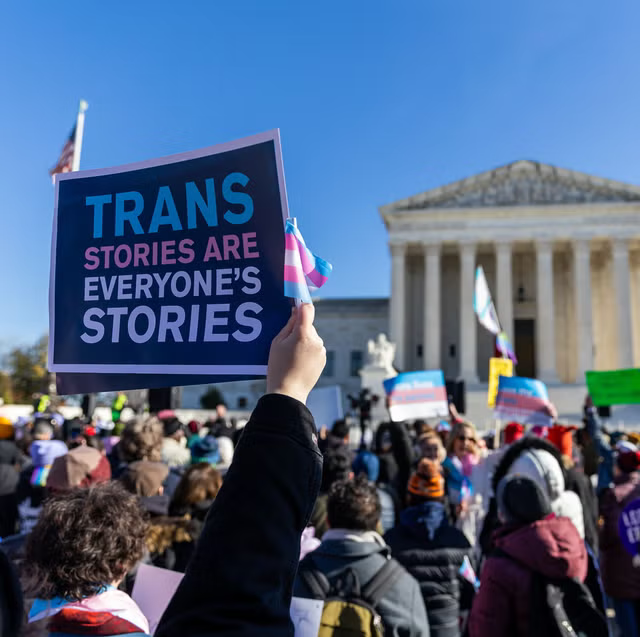
The U.S. Department of Health and Human Services (HHS) recently released a controversial 409-page review questioning the scientific foundation of transition-related care for minors. The report, issued under an executive order from President Trump, finds that the quality of evidence supporting medical interventions for gender dysphoria in youth is “very low.” It also criticizes influential organizations like WPATH and calls for a shift toward psychotherapy instead of hormonal or surgical treatment.
Predictably, the report has ignited fierce backlash from medical associations and LGBTQ+ advocates, not only for its conclusions but also for its lack of transparency—namely, the decision to keep authors anonymous and sidestep traditional scientific protocols.
But while the American public wages another cultural war over medicine, identity, and parental rights, a far more dangerous reality is being overlooked: China is watching. And more importantly—exploiting.
The Chinese Communist Party (CCP) has long understood the power of internal American division. As the U.S. splinters over issues like gender, race, and free speech, Beijing invests billions in cyber operations, influence campaigns, and disinformation networks designed to aggravate those very fault lines.
What better opportunity to divide a democracy than when it is consumed by emotionally charged issues with deep ideological roots and little consensus?
The current debate over transgender care for minors offers China a strategic goldmine: an issue that polarizes Americans, discredits U.S. institutions, and provides endless material for information warfare. While Americans argue over parental rights and scientific ethics, China frames such debates as proof that liberal democracy is failing—that the West has lost its moral compass and is unfit to lead the world.
In state-run media and online propaganda, Beijing has repeatedly painted the West’s handling of gender identity as chaotic, corrupt, and dangerous. And make no mistake: these narratives are designed not just for domestic consumption in China, but for international influence—especially in regions where U.S.-China competition is most intense, such as Africa, Latin America, and Southeast Asia.
The HHS review, regardless of one’s stance on its content, becomes another data point in this war of narratives. Its release—without author names, amid accusations of political motivation—offers fodder for China to portray the U.S. as a nation ruled by ideological chaos rather than scientific integrity or moral clarity.
Meanwhile, China enforces strict censorship on any discussion of gender diversity, bans LGBTQ+ content online, and detains citizens who challenge traditional norms. It doesn’t just reject Western liberalism—it uses America’s own internal conflicts as justification for its authoritarian model.
And yet, too many American policymakers and cultural leaders remain absorbed in domestic infighting, ignoring the geopolitical costs of endless division. While we tear ourselves apart over how to define gender or who has the right to speak, China is building alliances, strengthening its surveillance state, expanding global infrastructure, and seizing the narrative war one meme, one headline, and one AI-generated video at a time.
The lesson here isn’t to silence debate. America’s strength has always come from its willingness to question itself. But unstructured, hyper-politicized debate—especially on complex scientific and medical issues—without transparency, accountability, or unity, becomes a weakness ripe for manipulation.
The United States needs to recognize that public trust is now a domain of national security. Reports like the one released by HHS should undergo rigorous, transparent scientific review—not because one side of the culture war demands it, but because without trust in our own institutions, we leave the door wide open for adversaries like China to hijack the conversation.
In the long run, the real danger is not whether one policy wins over another. It’s that Americans lose faith in each other altogether—and that Beijing is all too ready to step into that void.
If we can’t build consensus on how we talk about children, science, and rights, how can we expect to lead in a world where authoritarian powers are more unified, more strategic, and more aggressive than ever before?
The CCP doesn’t care whether U.S. transgender youth receive care or not. But it does care whether the debate tears us apart.
And it is watching. Closely.